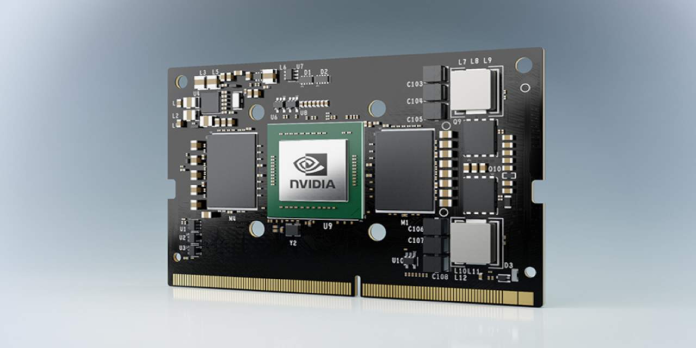Most people don’t realize that, and they shouldn’t have to, but Arm’s processor technology is essentially in charge of the world today. It can be found in smartphones and tablets, such as Apple’s iPhones, supercomputers, automobiles, and various IoT devices. NVIDIA’s proposal to buy Arm from SoftBank faces a lot of opposition because of that critical position. The recent development could be the final nail in the acquisition’s coffin unless the two companies can persuade the FTC otherwise.
This NVIDIA-Arm agreement has far too many players on the stage, which is unsurprising given the number of stakeholders in Arm’s business. Even the United Kingdom has doubts about the deal since it could jeopardize its position in the technology industry, not to mention raise national security worries about trade secrets. Arm, or ARM Holdings, was an independent UK-based firm that designed and licensed IP for the semiconductors that power many of today’s products until acquired by Japanese conglomerate SoftBank.
NVIDIA is an Arm customer, and its aspirations to acquire the chip creator have ruffled the feathers of competitors and government regulators alike. The Federal Trade Commission of the United States is a little late to the party, but given the stakes, it may have the most clout. Its attempt to halt NVIDIA’s Arm acquisition demonstrates that it does not feel NVIDIA can compete pretty if it has all the cards.
The FTC points out that acquiring Arm puts NVIDIA in a solid position to accelerate or slow the already sluggish semiconductor market. It would have access to sensitive information from Arm’s other licensees, many of whom are direct competitors of NVIDIA. Licensees of Arm’s property may become suspicious of the property due to this arrangement and may be pushed to seek alternative technologies. While this may assist in diversifying the processor market, it will inevitably lead to some delays and losses.
NVIDIA and Arm have stated that they will remain neutral regarding Arm IP licenses and services, but not everyone believes them. Many of NVIDIA’s partners have expressed concern about the acquisition’s repercussions in various industries. NVIDIA is best known for its graphics cards, but it also has interests in data centers and automotive systems.
The transaction has already been called into question and studied in other countries, including the EU and the United Kingdom, but the FTC’s complaint could be the final nail in the coffin. NVIDIA may be compelled to abandon its plans if it does not receive regulatory approval in the United States, primarily if it cannot provide enough assurances to regulators that it will handle Arm’s business impartially. Unfortunately, this may have a severe influence on Arm and its technology, as SoftBank will be compelled to find a new buyer or, in the worst-case scenario, establish an industry coalition to buy the property.
Source: ftc



